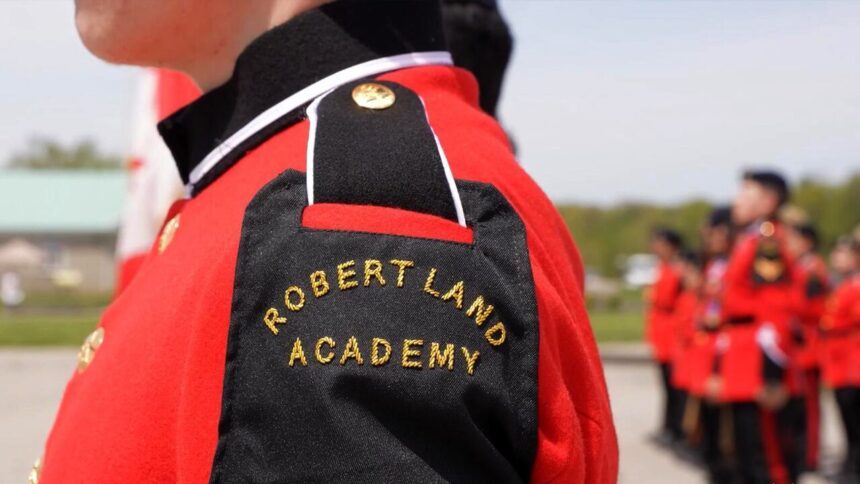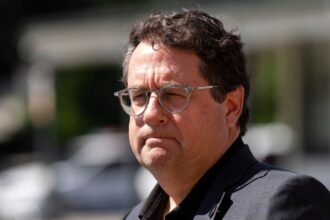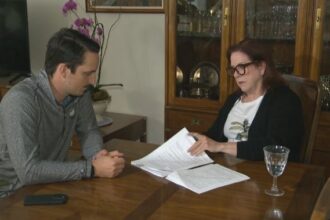In a disturbing development that has sent shockwaves through Canadian military institutions, dozens of former students have come forward with allegations of systematic abuse at military schools dating back decades. These claims, which include accounts of physical violence, psychological torment, and sexual misconduct, paint a troubling picture of the environment many young Canadians faced while training for military service.
“They told us it was to make us stronger, to prepare us for military life,” says Michael Thornton, a former cadet who attended one of the schools in the 1980s. “But there’s a clear line between discipline and abuse—and what happened to many of us crossed that line repeatedly.”
The allegations span multiple decades and facilities across Canada, with victims describing a culture where senior officers allegedly turned a blind eye to mistreatment. Documentation obtained through freedom of information requests reveals that some complaints were filed years ago but were apparently dismissed or buried within internal review processes.
The Department of National Defence has acknowledged the seriousness of these claims and initiated an independent investigation to examine the historical allegations. Defence Minister Bill Blair recently addressed the matter during a press conference in Ottawa, stating: “These allegations are deeply concerning and run contrary to the values we expect from our military institutions. Every person who serves Canada deserves to do so in an environment free from abuse and harassment.“
Current military leadership has distanced itself from the alleged historical practices, emphasizing substantial changes to training protocols and oversight in recent years. Lieutenant-General Jennie Carignan, Commander of Military Personnel Command, noted that “today’s Canadian Armed Forces has zero tolerance for abuse of any kind, and we have implemented robust safeguards to protect all members, particularly those in training environments.”
For survivors, however, the damage remains profound. Many report struggling with post-traumatic stress disorder, substance abuse issues, and difficulties maintaining relationships—challenges they directly attribute to their experiences at these institutions.
“The military was supposed to be my path to a better life,” explains former cadet Sarah Mackenzie. “Instead, it left scars that I’m still dealing with thirty years later. The worst part was that there was nowhere to turn—complaints were met with retaliation or simply ignored.”
Advocacy groups supporting the victims are calling for comprehensive compensation, formal apologies, and structural reforms to ensure accountability at all levels of military leadership. Some legal experts suggest these cases could lead to class action lawsuits similar to those that emerged from residential school abuses.
As Canadians grapple with these revelations about institutions entrusted with developing the nation’s military personnel, important questions arise about oversight and cultural reform within military training facilities. The coming months will likely see increased scrutiny of both historical practices and current safeguards within Canada’s military education system.
How will our society reconcile the noble ideal of military service with these troubling allegations, and what changes must be implemented to ensure such abuses can never again be perpetuated under the guise of discipline and training?










